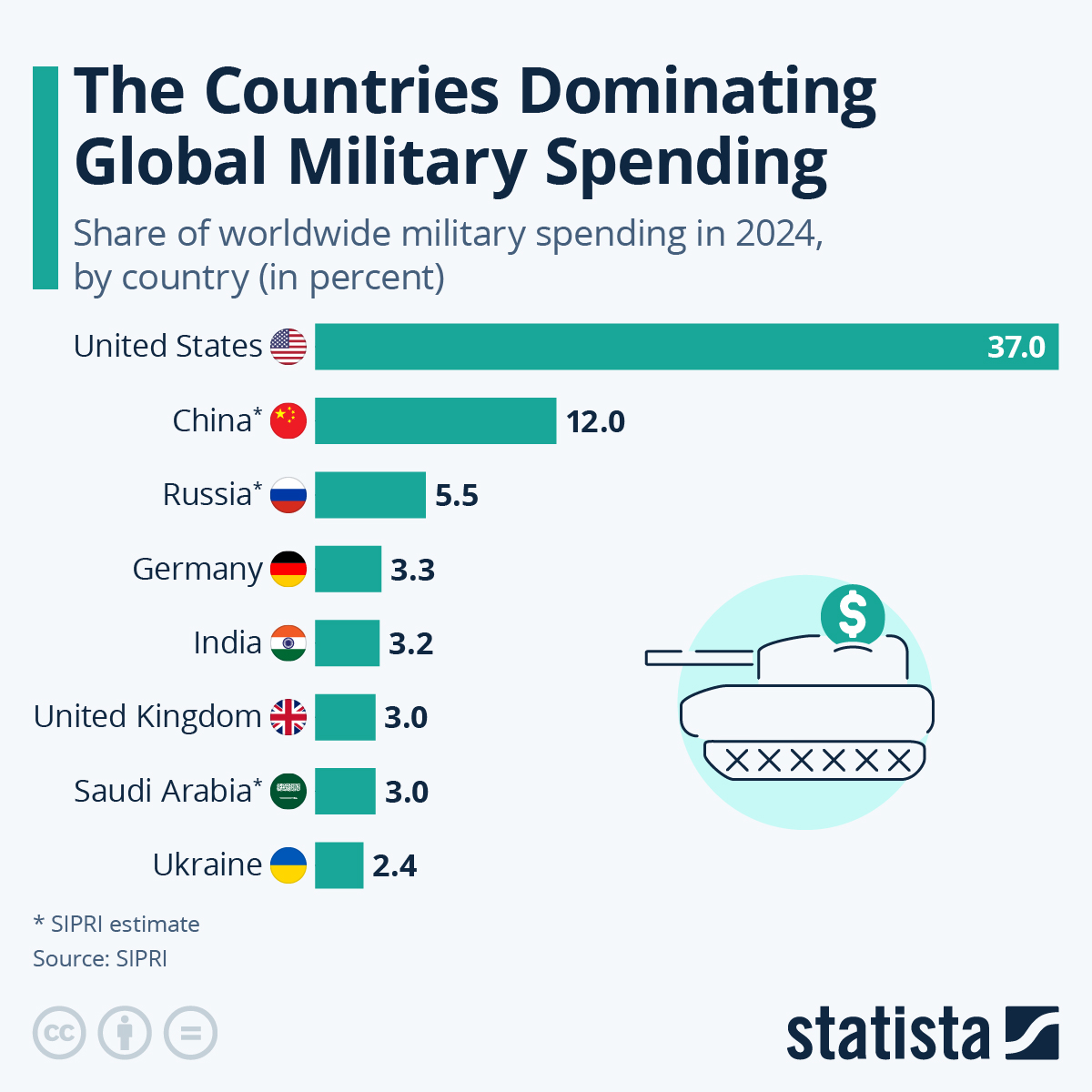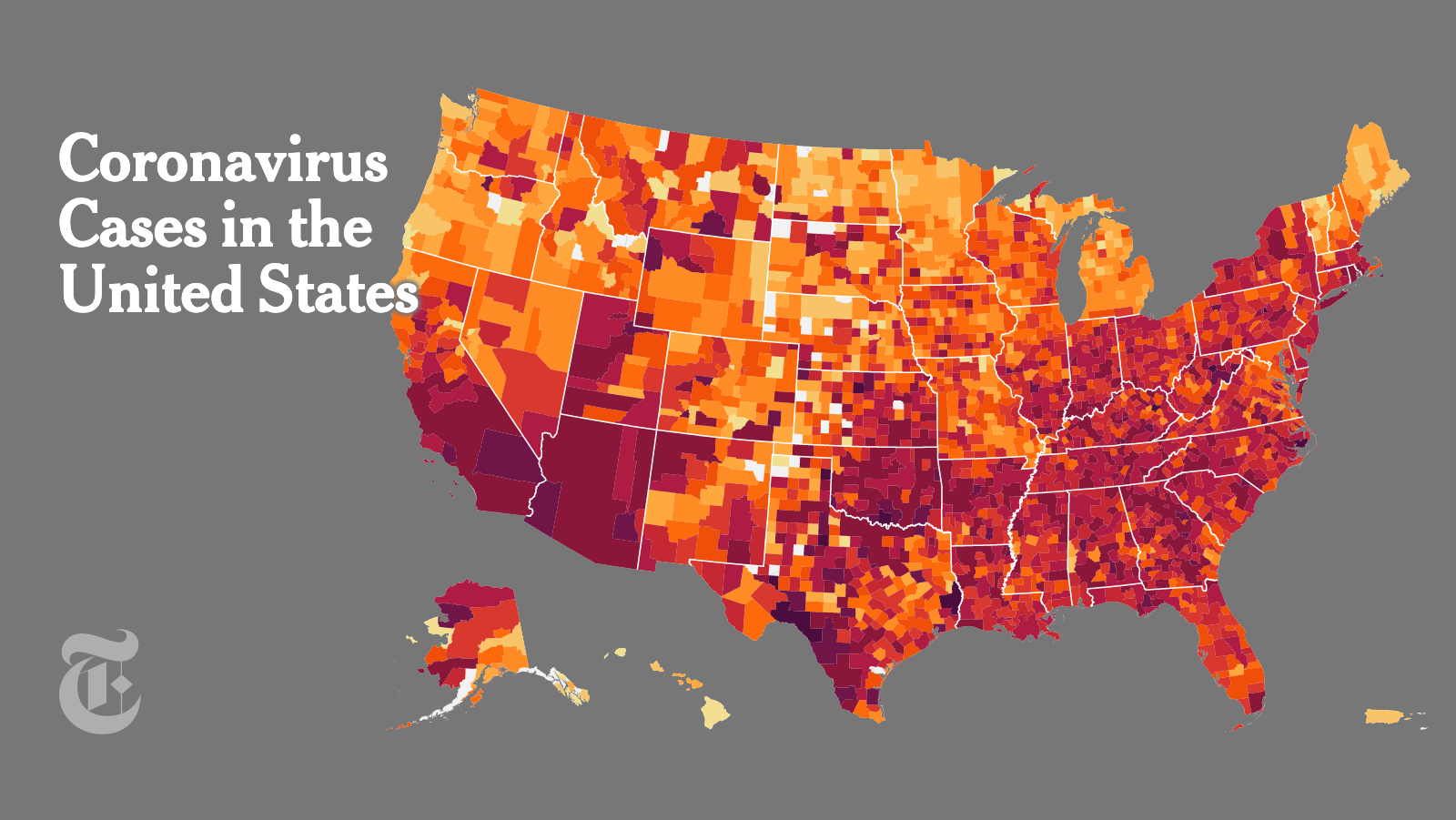Global Military Spending Surge: Europe's Response To Russia

Table of Contents
The Ukrainian Conflict as a Catalyst
The invasion of Ukraine acted as a potent catalyst, shattering long-held assumptions about European security and prompting a widespread reassessment of defense capabilities.
Increased Perception of Threat
The brutal invasion highlighted Europe's vulnerabilities and exposed the potential for further Russian aggression. This led to:
- Increased Russian Aggression: The sheer scale and brutality of the invasion shattered the post-Cold War security paradigm, demonstrating Russia's willingness to use military force to achieve its geopolitical objectives.
- NATO's Role in Collective Defense: The conflict underscored the importance of NATO's collective defense mechanism, prompting member states to strengthen their commitment to the alliance and increase military cooperation.
- Threat of Further Expansionism: Fears of further Russian expansionism into neighboring countries fueled a sense of urgency among European nations to bolster their defenses and deter potential aggression.
Re-evaluation of Defense Strategies
Faced with a renewed sense of threat, European nations are re-evaluating their military strategies, focusing on:
- Investment in air and missile defense systems: Significant resources are being allocated to enhance air and missile defense capabilities to counter potential threats from Russia. This includes procuring advanced radar systems and interceptor missiles.
- Cyber security enhancements: Recognizing the importance of cyber warfare, countries are investing heavily in strengthening their cybersecurity infrastructure to protect critical national assets from cyberattacks.
- Strengthening of land forces: Many nations are increasing their land forces' readiness, including modernizing equipment, enhancing training, and increasing troop numbers.
The Humanitarian Crisis and its Impact on Defense Budgets
The devastating humanitarian crisis resulting from the conflict has indirectly influenced defense spending decisions. Nations are grappling with the difficult task of:
- Balancing humanitarian aid with defense spending: Governments are facing the challenge of allocating resources to both humanitarian aid efforts and bolstering their military capabilities.
- Public support for increased defense budgets: While humanitarian concerns remain paramount, public opinion often supports increased defense spending as a necessary measure to protect national security.
- Impact on national economies: The increased military spending has significant economic implications, impacting national budgets and potentially leading to increased inflation.
NATO's Enhanced Role and Collective Security
NATO's role has been significantly enhanced by the Ukrainian conflict, leading to increased military cooperation and a strengthened collective security posture.
Increased Military Exercises and Deployments
NATO has significantly stepped up its military presence in Eastern Europe through:
- Enhanced air and naval patrols: Increased air and naval patrols are conducted to monitor Russian activity and deter any potential aggression.
- Increased troop presence in Eastern European countries: NATO has significantly increased its troop presence in Eastern European member states to reassure allies and deter potential attacks.
- Joint military operations: Joint military exercises and operations are conducted regularly to enhance interoperability and strengthen collective defense capabilities.
Strengthening of Eastern Flank
NATO is strengthening its eastern flank by:
- Expansion of military bases: Existing military bases are being expanded and new ones are being established in Eastern European countries to enhance the alliance's defensive capabilities.
- Modernization of military equipment: NATO members are investing heavily in modernizing their military equipment to ensure that they possess the most advanced capabilities.
- Increased military cooperation: Military cooperation among NATO members has intensified, with increased joint training exercises and information sharing.
Finland and Sweden's NATO Membership
The accession of Finland and Sweden to NATO represents a significant geopolitical shift, further strengthening the alliance's presence in the Baltic region and bolstering collective security. This has had several important effects including:
- Geopolitical implications of expanding NATO membership: The expansion of NATO has significantly altered the geopolitical landscape in Northern Europe, increasing the alliance's influence and deterring further Russian aggression.
- Strengthening of collective defense: The addition of Finland and Sweden has strengthened NATO's collective defense capabilities, particularly in the Baltic region.
- Deterrent effect on Russian aggression: The expansion of NATO has created a stronger deterrent effect against potential Russian aggression in the region.
National Defense Budget Increases Across Europe
The response to the heightened security concerns has led to significant increases in national defense budgets across Europe.
Significant Increases in Spending
Many European nations have significantly increased their defense budgets, reflecting a commitment to enhance national security. This includes:
- Specific examples of budget increases in various European countries: Several European countries, including Germany, Poland, and the UK, have announced substantial increases in their defense budgets.
- Comparison of pre- and post-invasion spending: A comparison of defense spending before and after the Russian invasion of Ukraine reveals a dramatic increase in military expenditure.
- Analysis of budget allocations: The allocation of increased defense budgets varies among nations, reflecting different security priorities and national circumstances.
Focus on Modernization and Procurement
The surge in spending is not simply about increasing the size of armed forces; it also involves:
- Investment in advanced weaponry and technology: Significant investments are being made in advanced weaponry and technology, including drones, cyber warfare capabilities, and artificial intelligence.
- Focus on cyber security and intelligence: Strengthening cyber security and intelligence capabilities is crucial for countering modern threats.
- Procurement of modern fighter jets and naval vessels: Many countries are procuring state-of-the-art fighter jets and naval vessels to enhance their military capabilities.
Economic Implications of Increased Military Spending
The rapid increase in military expenditure has significant economic implications for European nations:
- Impact on national budgets: Increased defense spending places a strain on national budgets, potentially leading to cuts in other areas.
- Potential for increased inflation: Increased government spending can contribute to inflation, impacting the cost of living.
- Opportunities for defense industries: The surge in military spending creates significant opportunities for the defense industry, boosting economic activity and job creation.
Conclusion
The Russian invasion of Ukraine has profoundly altered the European security landscape, leading to a significant surge in global military spending. Europe's response, characterized by increased defense budgets, strengthened NATO cooperation, and a renewed focus on national defense, reflects a fundamental shift in security priorities. The complexities of this global military spending surge, particularly Europe's response to the threat from Russia, require ongoing analysis. To stay informed about the evolving dynamics of global military spending and Europe's response, continue to monitor reputable news sources and research institutions. Stay informed about the evolving developments in global military spending and Europe’s response to Russia.

Featured Posts
-
 Register Now Ace Power Promotion Boxing Seminar March 26th
Apr 30, 2025
Register Now Ace Power Promotion Boxing Seminar March 26th
Apr 30, 2025 -
 Sag Awards 2024 Gillian Anderson And David Duchovnys On Stage Reunion
Apr 30, 2025
Sag Awards 2024 Gillian Anderson And David Duchovnys On Stage Reunion
Apr 30, 2025 -
 Injuries And Walks Mar Angels Home Opener
Apr 30, 2025
Injuries And Walks Mar Angels Home Opener
Apr 30, 2025 -
 Google Slides Download Free Android I Os Web App
Apr 30, 2025
Google Slides Download Free Android I Os Web App
Apr 30, 2025 -
 Queen Mary 2 Major Norovirus Outbreak Latest Updates And Health Concerns
Apr 30, 2025
Queen Mary 2 Major Norovirus Outbreak Latest Updates And Health Concerns
Apr 30, 2025
